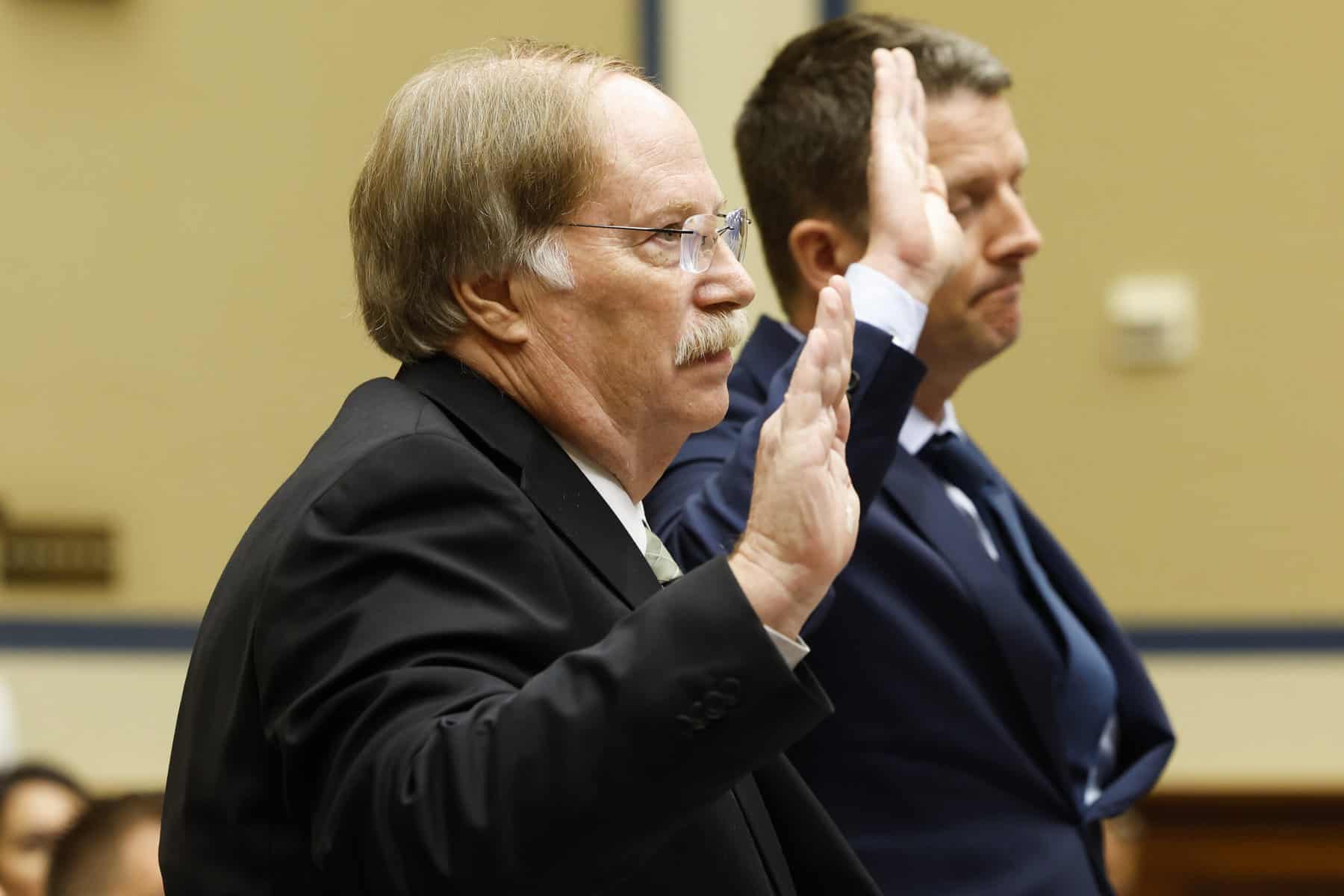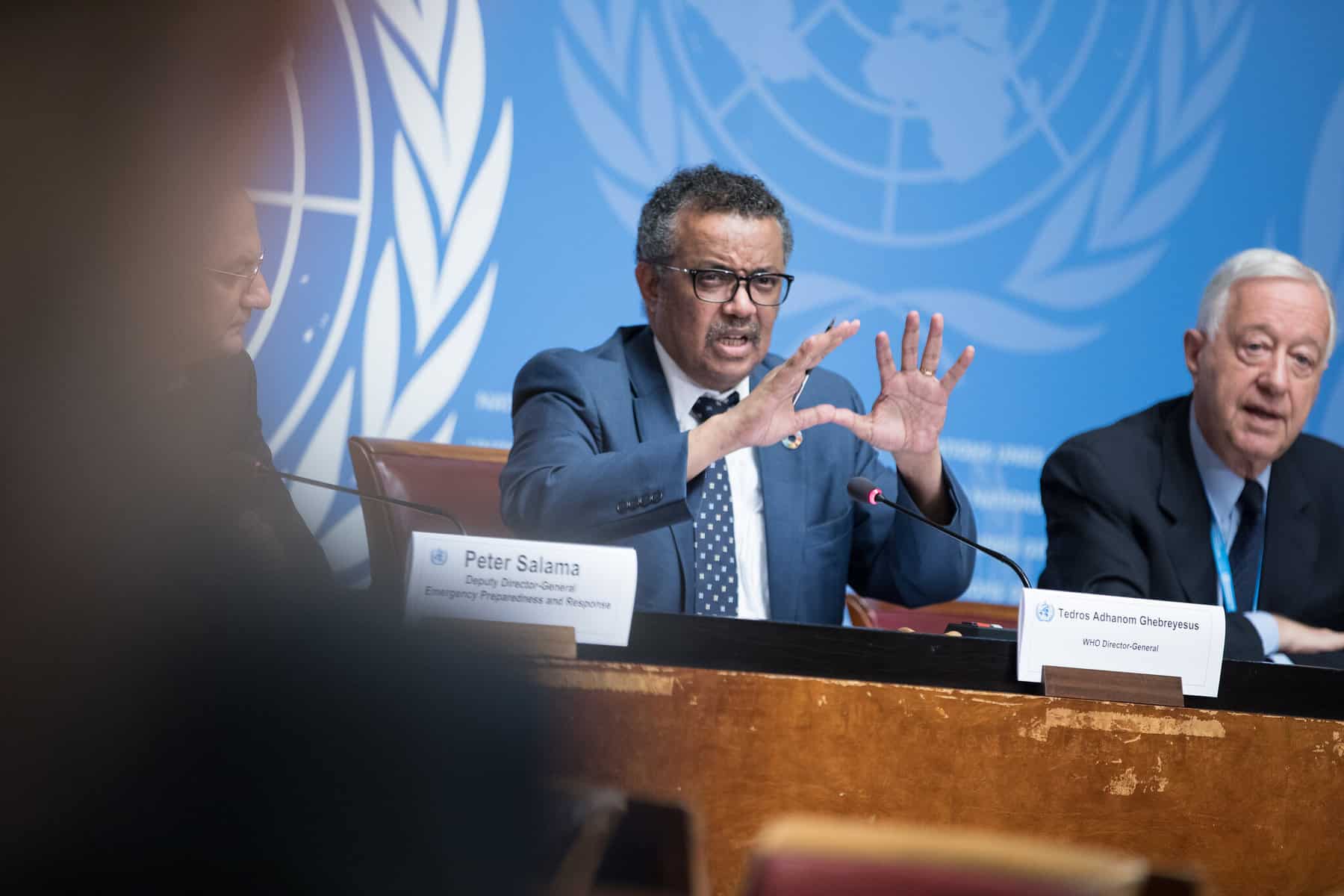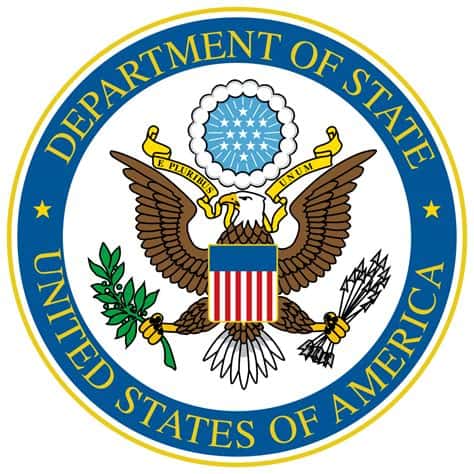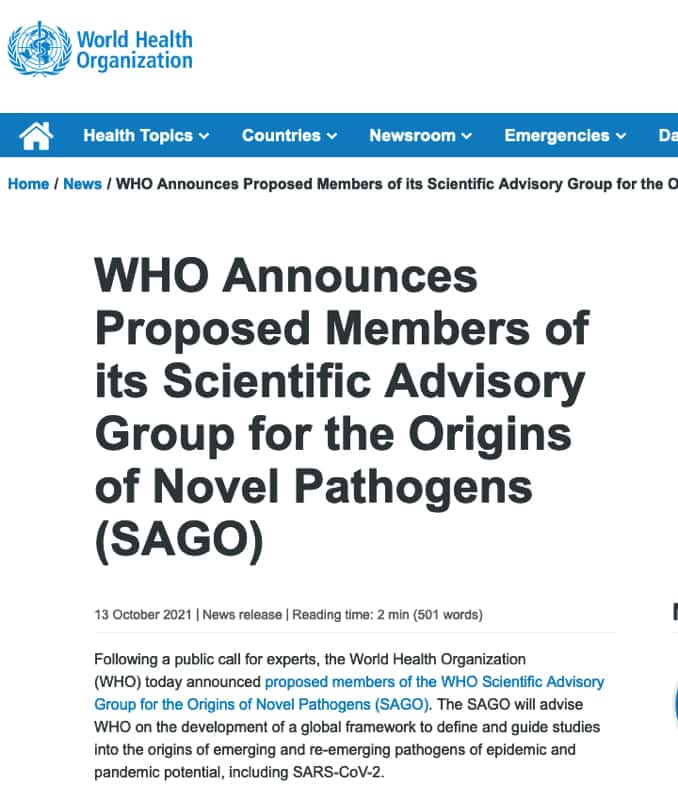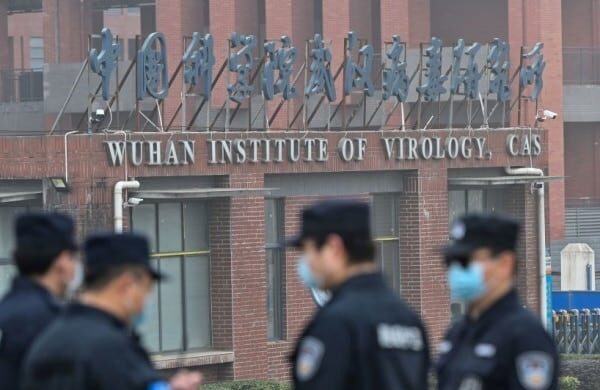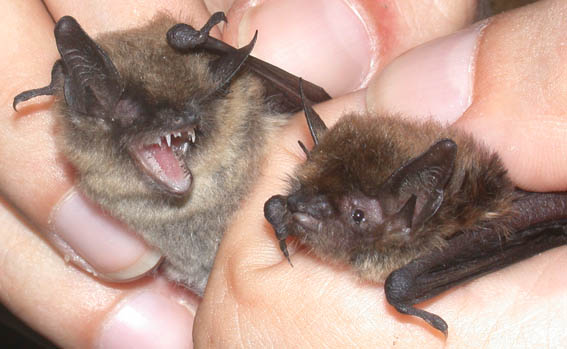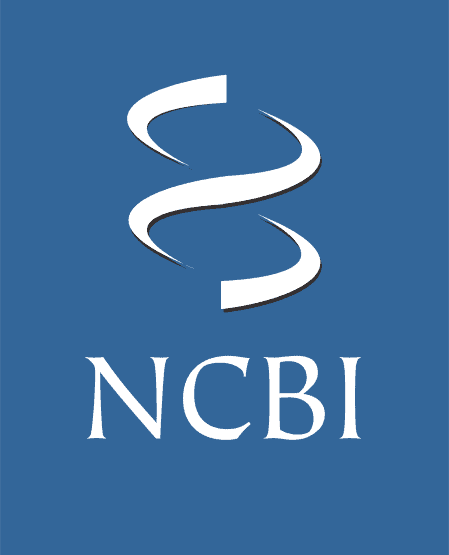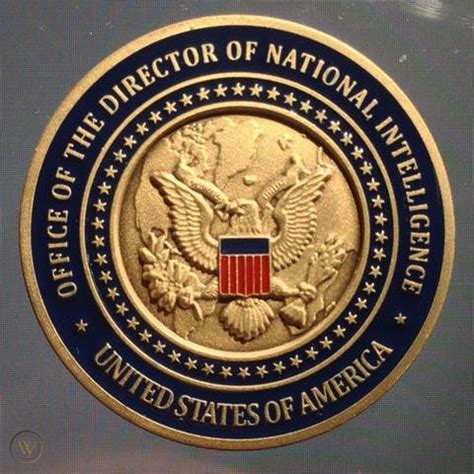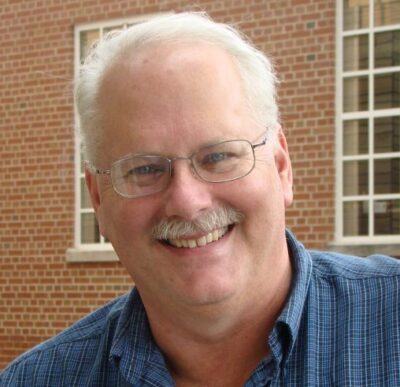Francis Collins and Anthony Fauci emailed about whether NIH funded Wuhan lab before secret call
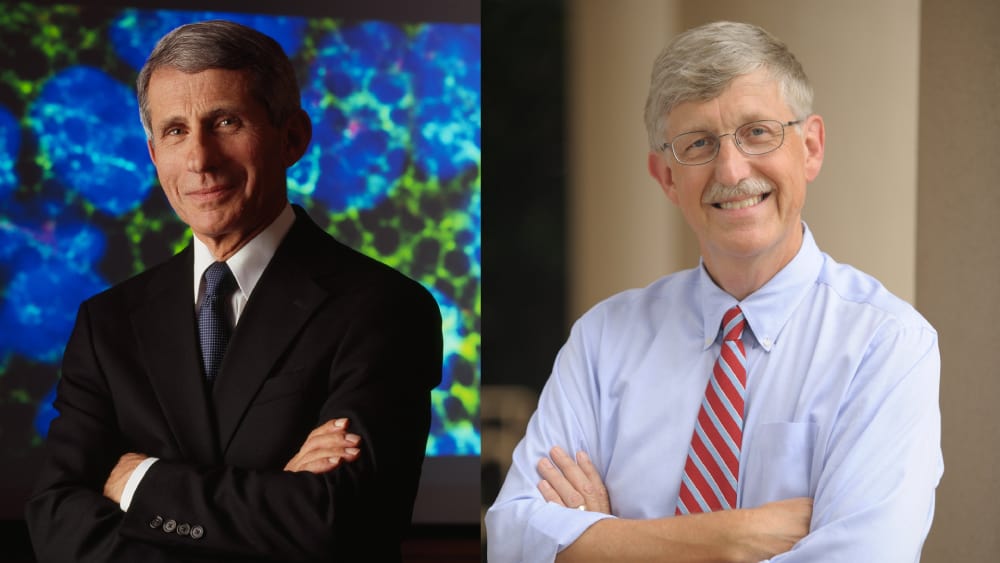
In the earliest days of the pandemic, Anthony Fauci and Francis Collins emailed about coronaviruses under study at the Wuhan Institute of Virology and about whether they had steered money to the lab, an email obtained by U.S. Right to Know shows. Collins, then leader of the National Institutes of Health, and Fauci, leader of … Francis Collins and Anthony Fauci emailed about whether NIH funded Wuhan lab before secret call









